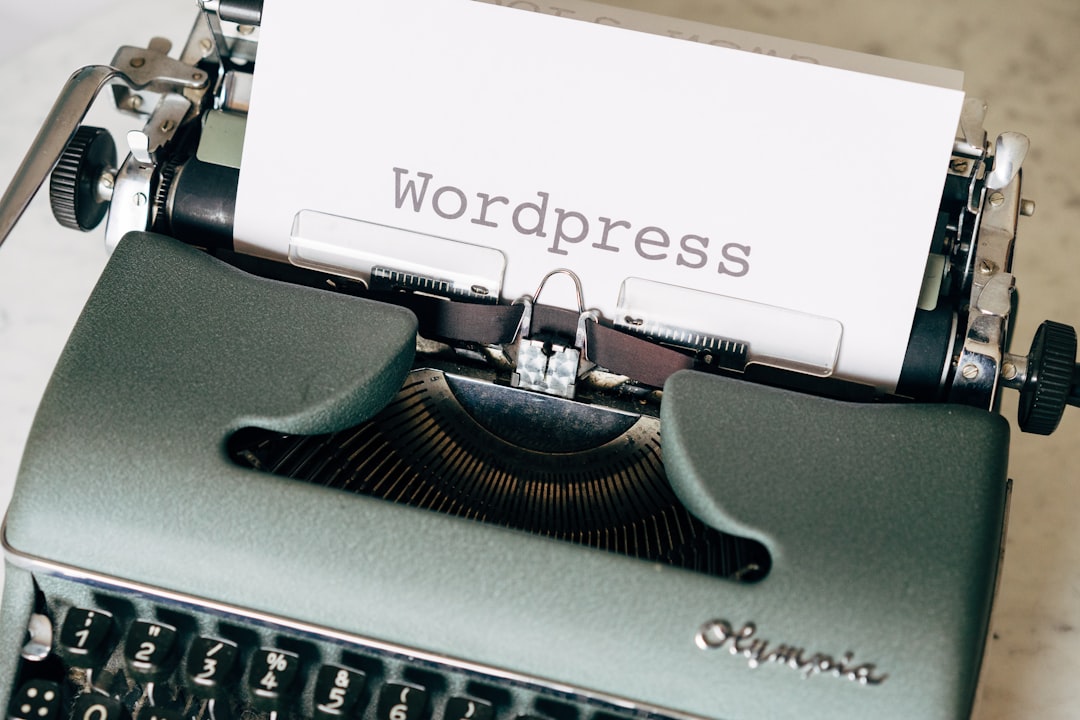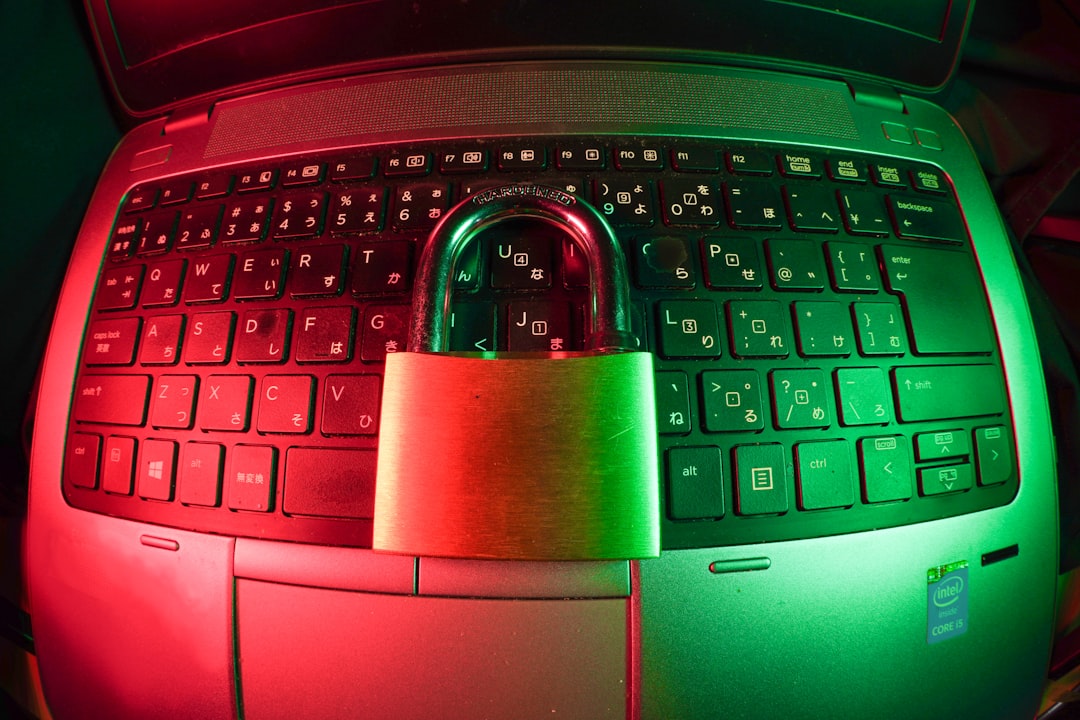
Facebook is one of the most widely used social media platforms in the world, with over two billion active users. While it’s a powerful tool for connecting with friends, sharing content, and even conducting business, it is not immune to technical mishaps. A common concern among users is whether a Facebook error—be it a glitch, update failure, or temporary outage—can compromise their account security. Understanding the link between Facebook errors and potential security risks is crucial for keeping personal data safe in an increasingly connected world.

How Facebook Errors Occur
Errors on Facebook can occur for a number of reasons. Some of the most common include:
- Software glitches—unexpected behaviors often caused by bugs in the app or platform updates.
- Server outages—temporary downtimes or maintenance that may impact user activity.
- User-side complications—issues related to a user’s device, internet connection, or browser settings.
While many of these errors are harmless and resolve quickly, others may have deeper implications, especially if they interfere with account settings, privacy controls, or how login information is handled.
Can Facebook Errors Affect Account Security?
The short answer is: yes, under certain circumstances, a Facebook error can potentially affect your account’s security. However, most platform-level bugs that Facebook acknowledges are not directly harmful because the company generally prioritizes user safety and data integrity. Yet, here’s how errors might create vulnerabilities:
- Login issues: If an error prevents a user from logging in, scammers might exploit this by sending phishing emails pretending to help ‘recover’ the account.
- Privacy settings reset: In rare cases, bugs during updates might reset privacy settings, unintentionally exposing personal information.
- Third-party access glitches: Some Facebook errors involve API issues, which might temporarily give third-party apps more access than intended.

Facebook’s engineering and security teams work around the clock to detect and fix such issues. However, given the scope of the platform, some errors may go unnoticed by the general public but could still impact individuals.
What Users Can Do to Stay Safe
Even if Facebook experiences an error, there are proactive steps users can take to mitigate risk:
- Enable two-factor authentication (2FA): This adds a second layer of protection to your account, making it harder for unauthorized users to gain access.
- Review privacy settings regularly: After any major update, take a few minutes to ensure your settings haven’t changed unexpectedly.
- Watch for suspicious activity: Frequent logouts, unexpected messages, or friend requests could be signs of intrusion.
- Update your app: Keeping your Facebook app up-to-date is a simple way to protect against known bugs and vulnerabilities.
While Facebook itself takes many precautions to maintain user safety, individual vigilance is equally important. Errors may be unavoidable in complex systems, but their impact doesn’t have to be disastrous if you know how to respond.
Conclusion
Though most Facebook errors are technical glitches that don’t directly impact security, there can be exceptions. Temporary bugs might expose vulnerabilities—especially if users aren’t taking active steps to secure their accounts. In the evolving digital landscape, staying informed and applying basic security measures can go a long way in protecting your online identity.
Frequently Asked Questions (FAQ)
- Q: Can a Facebook bug expose my passwords?
A: Not directly. Facebook does not display or share user passwords. However, phishing scams exploiting a known error may lead you to unknowingly give up your credentials. - Q: I noticed my settings changed after a Facebook update. Is that a common issue?
A: While not common, updates and bugs have occasionally reset user settings. It’s smart to double-check privacy options after major platform revisions. - Q: How can I tell if an error is affecting my security?
A: Watch for signs like login attempts from unknown locations, changes to your email or password, or messages you didn’t send. Use Facebook’s Security Center to review recent account activity. - Q: What should I do if I suspect my account was hacked?
A: Immediately change your password, enable 2FA, and report the issue via Facebook’s Help Center. Also, inform your contacts if any suspicious messages have been sent from your profile.






